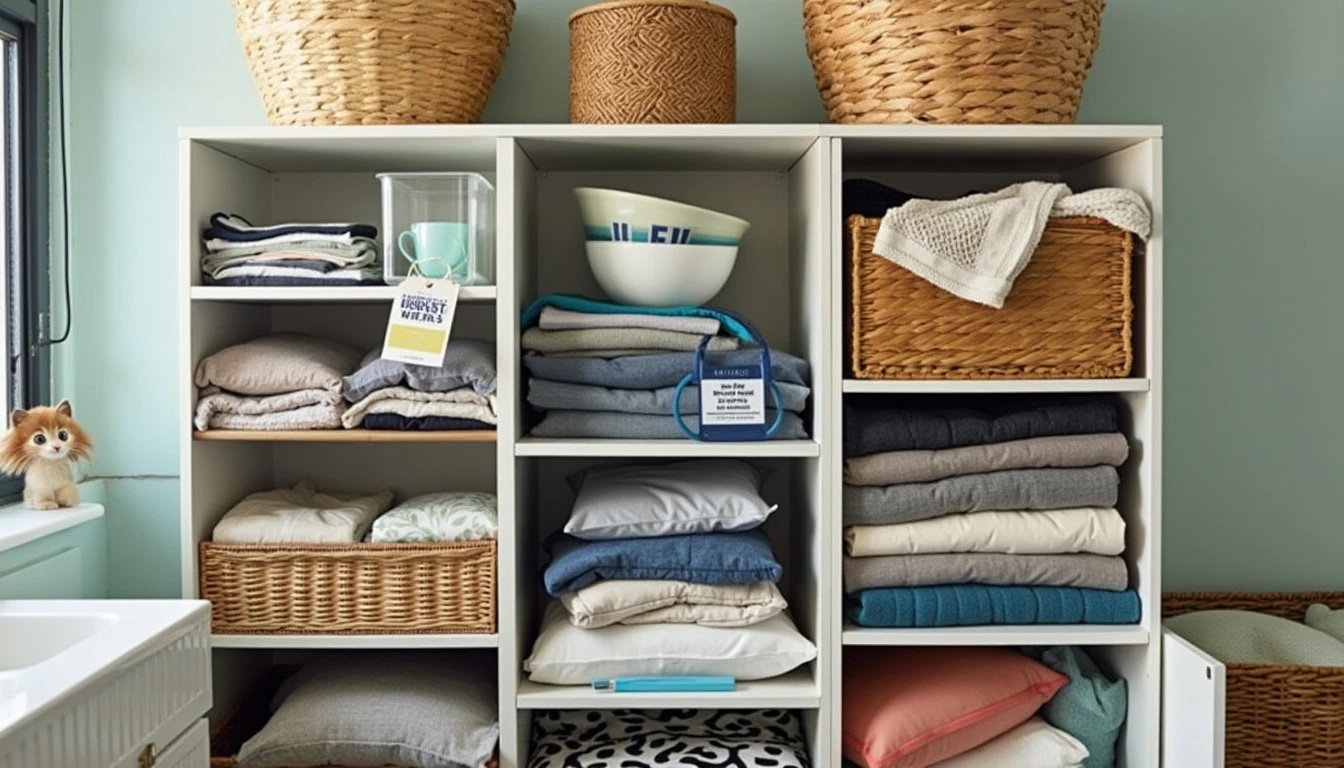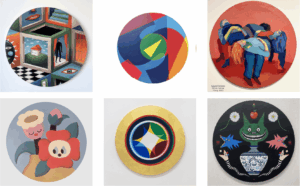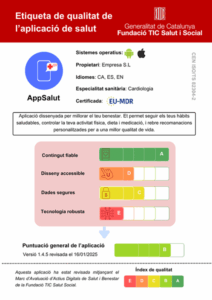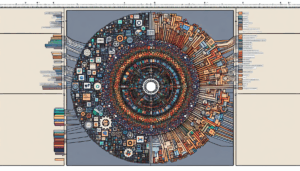In the age of productivity and efficiency, where every minute counts and space is a luxury, modern society has fervently embraced the concept of order as a universal panacea. Best-selling books, television programs, and social media gurus preach the virtues of a spotless home and a meticulously organized life. However, as this trend takes root deeper in our culture, a crucial question arises: Is the cult of order really the direct path to a happier and healthier existence?
The rise of the organization industry
The global market for home organization products reached $11.8 billion in 2020 and is projected to grow at a compound annual rate of 3.8% until 2027, according to a report by Grand View Research. This exponential growth reflects the collective obsession with order and cleanliness that has captured the public’s imagination in recent decades.
Marie Kondo, with her KonMari method, has become a global icon of organization, selling millions of copies of her books and starring in a Netflix series. Her philosophy of keeping only what “sparks joy” has inspired millions to declutter their belongings in search of a simpler and more organized life.
The science behind order
Numerous studies have explored the potential benefits of an organized environment. A study published in the Personality and Social Psychology Bulletin in 2013 found that participants working in an orderly space were more likely to make healthy choices and donate to charity, suggesting that order can promote positive behaviors.
Dr. Sabine Kastner, a neuroscience professor at Princeton University, has researched how clutter affects our brains. Her neuroimaging studies reveal that a cluttered environment can overload our cognitive resources, making concentration difficult and increasing stress.
The dark side of perfection
However, as the cult of order gains ground, experts warn of the potential dangers of taking this philosophy to the extreme. Dr. Randy Frost, a psychology professor at Smith College and an expert in compulsive hoarding disorder, points out that “there is a very fine line between healthy order and pathological rigidity.”
A study published in the Journal of Experimental Psychology in 2019 found that excessively orderly environments can inhibit creativity. Researchers found that participants in slightly messy spaces generated more creative ideas than those in immaculate environments.
Dr. Elspeth Kirkman, director of the UK Behavioral Insights Unit, warns: “Perfectionism associated with extreme order can lead to unsustainable levels of stress and anxiety. It is crucial to find a balance that promotes well-being without falling into obsession.”
The hidden cost of order
The relentless pursuit of perfect order also has environmental and economic implications. The “use and toss” culture promoted by some organization philosophies has led to an increase in waste. According to a report from the US Environmental Protection Agency, Americans generated 292.4 million tons of waste in 2018, a number that has been increasing.
Additionally, the economic cost of maintaining a perfectly organized home can be significant. A 2019 study by OnePoll found that the average American spends $258 per year on organization products, with some spending up to $500 or more.
Redefining order: Seeking balance
In light of these revelations, experts in psychology and wellness propose a more nuanced approach to order and organization. Dr. Elizabeth Lombardo, a clinical psychologist and author of “Better Than Perfect,” suggests: “The goal should not be perfection, but a level of order that enhances our quality of life without becoming an additional source of stress.”
Some strategies proposed by experts to find this balance include:
– Personalization: Tailoring organization systems to individual needs and preferences, rather than blindly following trends.
– Flexibility: Allowing for some variability in order, recognizing that life is inherently unpredictable.
– Mindfulness: Practicing mindfulness to distinguish between necessary order and compulsive pursuit of perfection.
– Sustainability: Adopting organization practices that are environmentally friendly and economically viable in the long term.
The future of order: Technology and digital minimalism
As society evolves, new trends are emerging in the world of order and organization. Digital minimalism, for example, proposes applying the principles of order not only to our physical spaces but also to our digital lives.
Cal Newport, a computer science professor at Georgetown and author of “Digital Minimalism,” argues that “just as we have learned to clear our closets, we need to learn to clear our digital lives to regain our attention and productivity.”
Technology is also playing a crucial role in redefining order. Task management apps, virtual assistants, and Internet of Things (IoT) devices promise to automate aspects of organization, potentially freeing us from the mental burden associated with maintaining order.
Conclusion: Toward a new order paradigm
The debate over the cult of order highlights the complexity of our relationship with space and possessions in the modern era. While some degree of organization is undeniably beneficial, evidence suggests that the relentless pursuit of perfect order may be counterproductive.
The key, as experts conclude, lies in adopting a balanced and personalized approach to order. This new paradigm recognizes the value of order as a tool to improve our lives, but also respects the importance of flexibility, creativity, and holistic well-being.
Ultimately, the real challenge is not to achieve a state of perfect order, but to cultivate an environment that allows us to thrive, grow, and find joy in the occasional chaos of everyday life. In doing so, we can free not only our spaces but also our minds to focus on what truly matters: living a fulfilling and meaningful life.
Referrer: Opendeco, decoration news in Spanish












